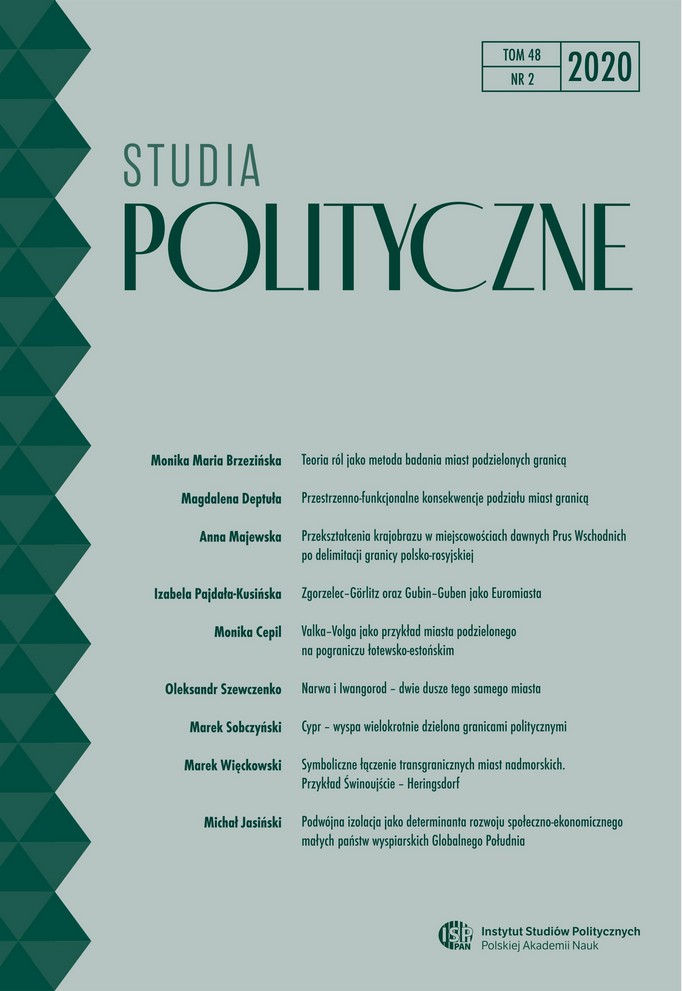Niemiecka Republika Federalna jako azyl dla nazistowskich zbrodniarzy wojennych. Analiza wybranych aspektów ścigania i skuteczności karania
Niemiecka Republika Federalna jako azyl dla nazistowskich zbrodniarzy wojennych. Analiza wybranych aspektów ścigania i skuteczności karania
The German Federal Republic As an Asylum for Nazi War Criminals:The Analysis of Selected Aspects of Prosecutionand Punishment Effectiveness
Author(s): KAJETAN HAMERLAK, Sabina BoberSubject(s): Politics / Political Sciences
Published by: Instytut Studiów Politycznych PAN
Keywords: German Federal Republicp; Auschwitz trial; judiciary
Summary/Abstract: West Germany had to come to terms with its wartime past in order to function on the international arena. This topic was also widely commented on in Polish press. Poland, which was one of the countries most affected by the extermination policy of Nazi Germany, was inevitably interested in holding the Nazis accountable for their crimes. Moreover, the authorities of the People’s Republic of Poland wanted German crimes to be exposed all the time. In this way, the topic of Soviet crimes was avoided. Hence, the theme of punishment for Nazi war crimes was often discussed in the press. Many articles emphasised the pathological system of prosecuting the Nazis in West Germany, pointing to the post-war careers of the war criminals. Reluctance to face the past, exhibited primarily by the older generation, was also emphasised. The young generation of Germans, untouched by the war past, was to strive for moral renewal. It should be stressed that the post-war trials concerned only a small number of actual criminals, and the penalties were often disproportionate to the crimes committed.
Journal: Studia Polityczne
- Issue Year: 48/2020
- Issue No: 3
- Page Range: 65-84
- Page Count: 20
- Language: English

